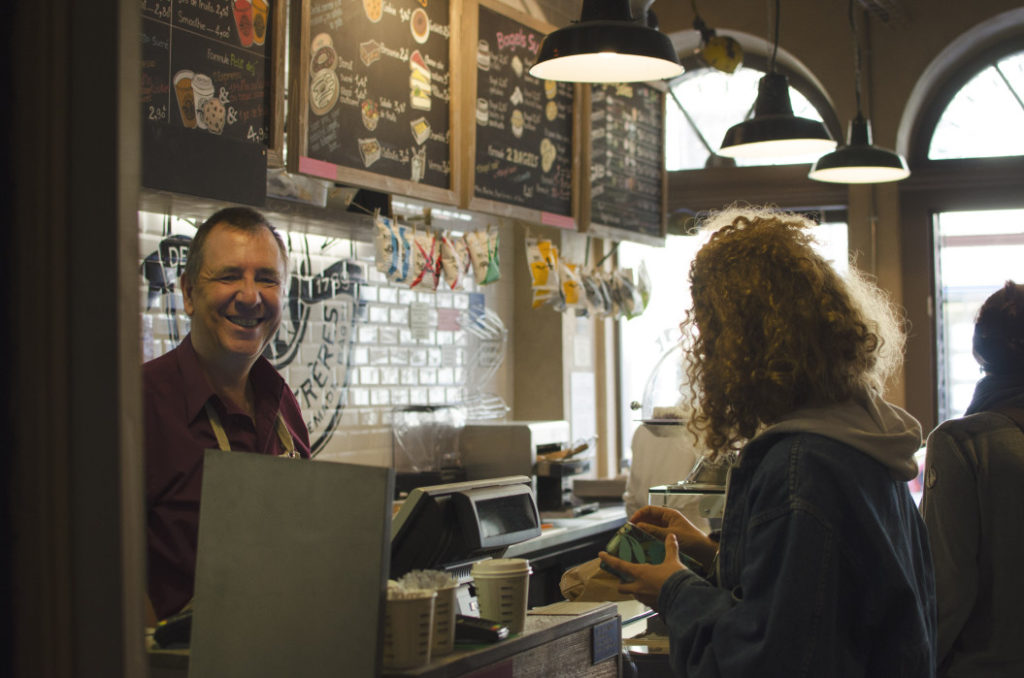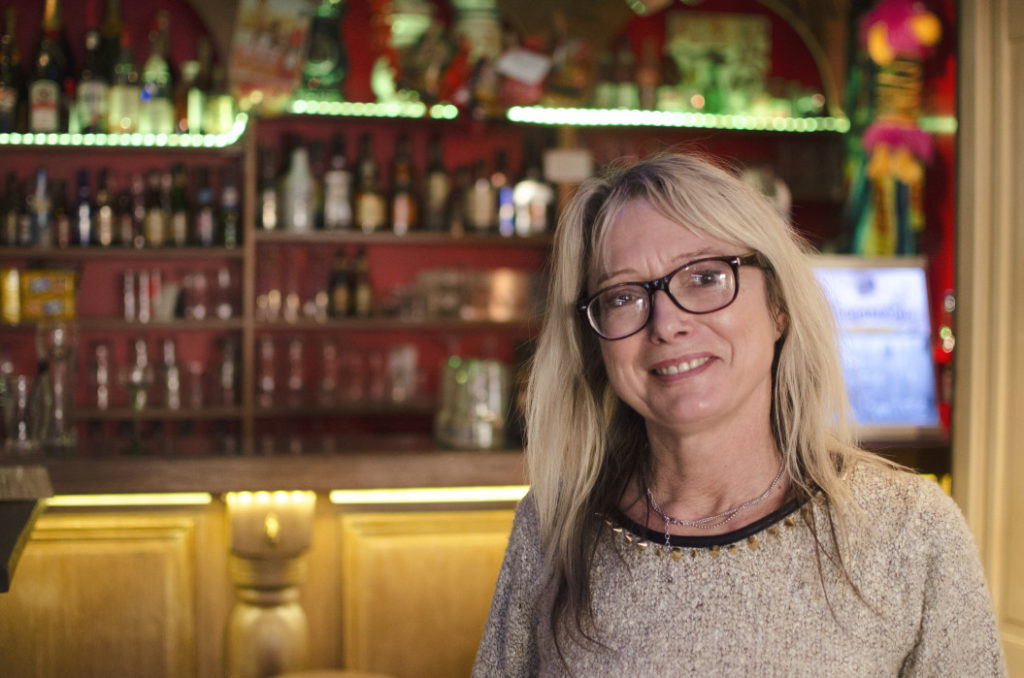How Storytelling Can Transform Your Restaurant During Covid-19
Stories have real value – even if it’s hard to measure
How much do you believe good storytelling is worth?
Well in 2009, the Significant Objects Project was born to empirically find out.
The concept was simple: take a collection of random, largely low-cost items and see what happened to their market value when professional writers crafted a narrative around their history.
The results, however, were shocking: with the right stories, £128.74 worth of objects managed to sell for £3,612. That is, effective storytelling increased the value of the objects by 2700%.
Now, let’s not get silly: clearly that does not mean every sector of the market stands to make quite such wild increases in their bottom line purely by telling the right story.
The lesson is simply that dismissing the economic utility of great storytelling – simply because it cannot always easily be measured – is a serious mistake.

Context changes experience
One of the most powerful insights marketing as an industry has to offer is this:
Our experiences, perceptions and preferences are always the results of complex conceptual factors.
Think of it like this: most of us believe the success of a restaurant hinges most on the quality of the food it produces. But imagine trying to eat Michelin Starred food in a dirty space; or with faulty cutlery; or with violent death metal playing directly into your ears.
For most of us, the quality of the food couldn’t salvage the situation.
Most restaurateurs already understand this: the ambience, the staff, even the menus are geared towards creating great experience.
Focusing narrowly on food rather than understanding the full spectrum of contextual elements that create customer experience is a recipe for disaster.
What the Significant Objects Project demonstrates – and what continues to be demonstrated in a variety of businesses – is that stories are among the most powerful of this kind of contextual elements.
But how do stories help restaurants?
The simple answer is by bringing new customers through the door, creating greater loyalty from existing customers and improving the overall experience your restaurant offers.
But that all probably sounds a little simplistic.
So imagine you are choosing between two restaurants: their reputations are roughly the same and their menus are very similar.
Chances are, when faced with a decision like this, you will make the choice based on a gut response to both options; this is where stories play a major role.
Stories make us care: they create background and intrigue; determine what we focus on; and create shared values between businesses and their customers.
The restaurant you choose has something about it you responded to, and while you might not realise it that ‘something’ is often a more compelling story.
When done right, stories distinguish you from the competition and provide a reason for consumers to choose you over your competitors:
You might be a family business, an ethical establishment, or local pillars – every story has its niche, and every story has the capacity to build an audience.
What matters isn’t the specifics of the story – just that you find the right one and tell it well.

Finding your story
Many people get stuck on the false impression that stories have to be untrue to be compelling; nothing could be further from the truth.
While inevitably some businesses do fall foul of dishonesty, the most successful ones are always those that remain authentic and true to themselves.
Whatever sets you apart is likely already there in your business: it’s the unacknowledged DNA driving everything you do.
Sometimes what is most compelling about your business isn’t immediately obvious to you; an outside perspective might be required to bring it out.
At Byte we know this first hand: many of our clients have wonderfully compelling stories to tell that they never even realised might be of interest to their customers.
Check out some of our clients case studies.
By getting to know them and picking exactly what is truly compelling and meaningful about what they do, these businesses suddenly find a whole new engine of growth and confidence.
Ultimately, your brand story should unite everything you do, providing a simple and immediately compelling reason why consumers should care about and support what you do.

Telling brand stories better
There are an unprecedented number of ways for restaurants to tell their story and create a compelling brand – from websites and social media to menus and customer service.
In the future, we’re going to delve deeper into how exactly you can unlock each of these avenues in order to tell more compelling stories and improve your business.
We’re going to look at proven examples of restaurants telling great stories and seeing the benefits of doing so, as well as exploring research on exactly how these stories spread and grow.
For now, if you’d like to find out more about how marketing can help your restaurant on its journey through the tough times ahead, we’d love to talk and share some more trade secrets with you just send me an email through at richard@morebyte.co.uk and i’ll be more than happy to assist!